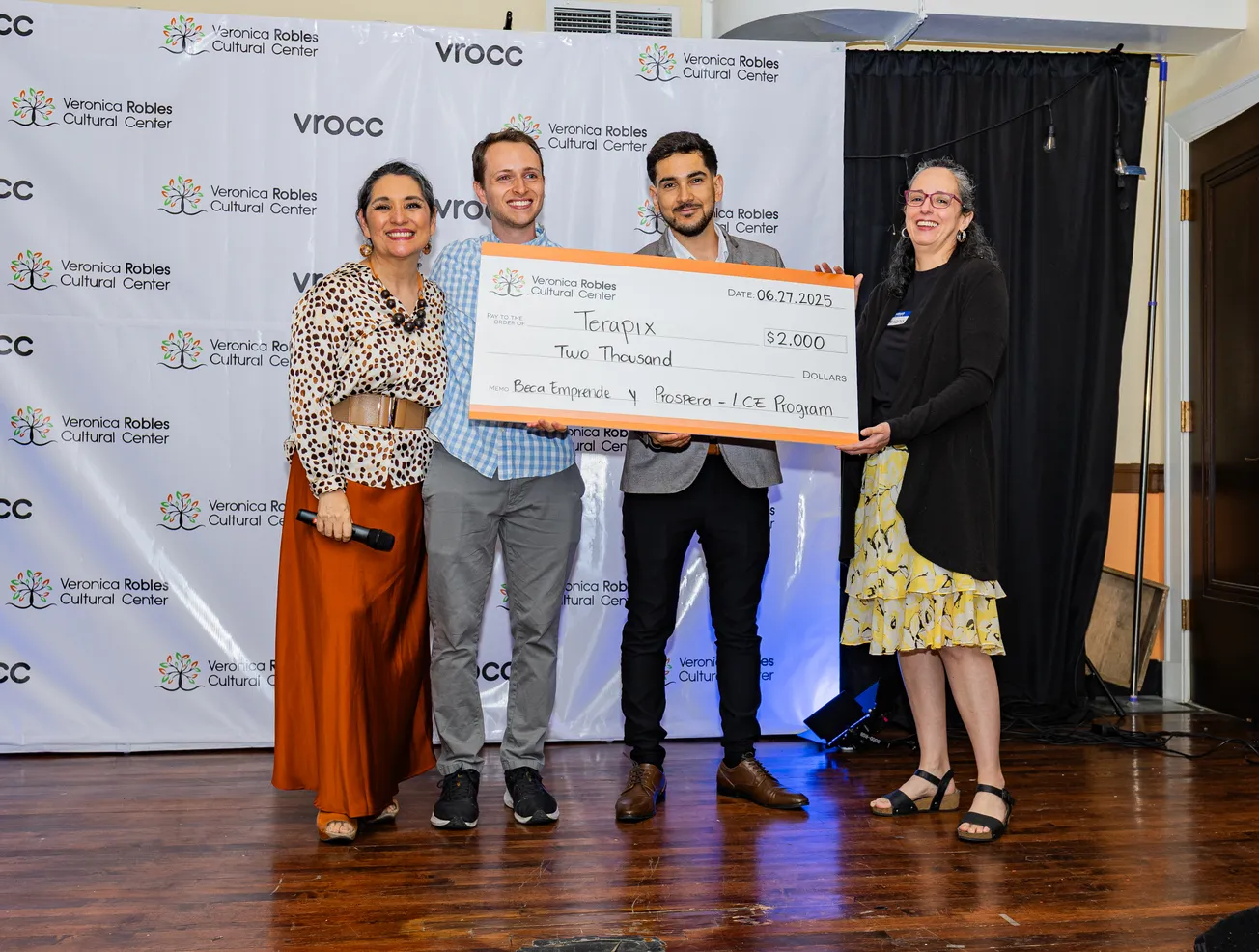BOSTON – Like many medical conditions, early detection of psychiatric illness can be critical in stopping or slowing the disease’s progression.
Clinical researchers in the BIDMC Department of Psychiatry, including some based at the Massachusetts Mental Health Center, have recently been awarded several grants to study individuals on the verge of or having just experienced their first psychotic episode. These research clinicians, who also serve on the faculty of Harvard Medical School, believe that recognizing the early signs of schizophrenia can prevent or lessen the disease’s impact on the patient.
«It can be compared to treating people at the end stage of a medical condition, such as after a heart attack or when they have stage IV cancer. By then it can be too late,» says Anthony Giuliano, PhD. «This represents a new direction in clinical staging and preemptive treatment. The goal now is to provide early assessments and monitoring during a decline in function and an upswing in symptoms.»
The Center for Intervention, Development and Applied Research (CIDAR) is studying «Vulnerability to Progression in Schizophrenia» thanks to a National Institute of Mental Health funded research grant. BIDMC is the lead institution, says Bob McCarley, MD, principal investigator of this Boston CIDAR study.
Studies have shown that many people experience psychosis for one to two years before seeking treatment, McCarley said. One goal of the research at CIDAR is to target people while they are still in the prodromal stage, when symptoms are first emerging, or during the early psychosis stage in an effort to prevent a patient from entering into the chronic or residual state of schizophrenia.
«We’re looking at changes in biological markers, using tools like neurocognitive assessment, brain MRIs and electrophysiology, to see if we can predict who will become psychotic and who will not,» McCarley says. «We study brain changes and genetics. We need this information because without it, we don’t know who to treat because we don’t know who will become schizophrenic.»
Raquelle Mesholam-Gately, PhD, Boston CIDAR Program Director, said the ages of patients being studied range from 13 to 55. Recruitment for study participants has focused primarily on patients at BIDMC and Cambridge Health Alliance.
In addition to genetics and biological markers, the study of cognitive impairment is also a key to understanding schizophrenia. Matcheri Keshavan, MD, directs several grants focusing on cognitive function in schizophrenia. Cognitive warning signs include a decline in grades or difficulty completing tasks at work. These red flags may be present anywhere from months to years before classic symptoms associated with schizophrenia are apparent.
«We’re hoping that if you can improve cognition, then you can prevent psychosis,» says Larry Seidman, PhD.
Seidman, along with Giuliano, co-leads efforts to increase the capacity for early identification and intervention in psychosis in Greater Boston through a grant from the Sidney R. Baer, Jr. Foundation. Giuliano says engaging individuals at high risk for developing psychosis and their families, providing cognitive and family-based interventions, and prescribing medication may help prevent the onset of psychosis or lessen its severity.
For people who have already experienced their first psychotic episode, treatment is also available to prevent their condition from worsening, according to Suzanna Zimmet, MD, co-founder and Medical Director of Prevention and Recovery from Early Psychosis or PREP.
«When a patient is first diagnosed, it’s a traumatizing event for that person and





